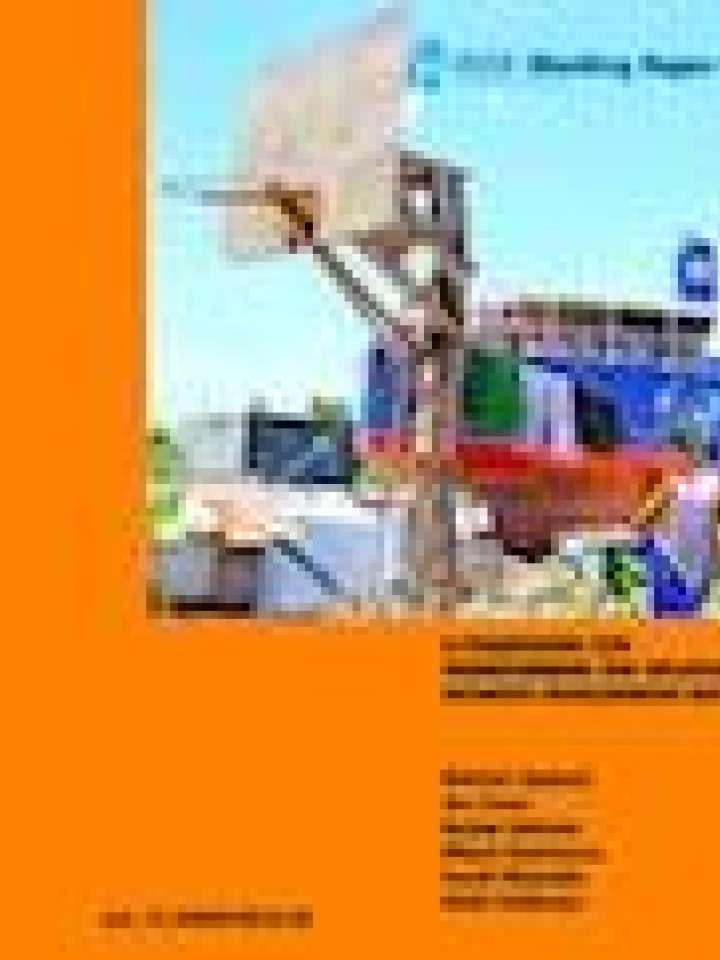A framework for transforming the relationship between development and disaster risk
Development is vital for reducing disaster risk, yet many current development models are unsustainable and are instead driving and creating disaster risks. At the same time, disasters can destroy development gains, and many existing disaster risk reduction and resilience approaches are not sufficiently contributing to social equity and sustainable development. Significant and simultaneous progress towards both the Sendai Framework for DRR targets and the Sustainable Development Goals (SDGs) is a complex challenge that requires work on many fronts with a diversity of disciplines and stakeholders. The authors argue that transformation is a legitimate and necessary pathway for moving from development patterns that increase, create or unfairly distribute risks, towards equitable, resilient and sustainable development outcomes for all.
This paper presents an analytical framework for transforming the relationship between development and disaster risk. Specifically, it discusses three interlinked opportunities for transformation:
- exposing development-disaster risk trade-offs in decision-making and policy;
- prioritizing equity and social justice in approaches to secure resilience; and
- enabling transformation through adaptive governance.
This study has the potential to contribute to multiple Sendai Framework targets, as greater understanding of risk and development can enhance the effectiveness of decision-making systems in reducing social, environmental and economic disaster risks and impacts (targets a-d). In particular, by supporting priority two, 'Strengthening disaster risk governance to manage disaster risk,' the framework has the potential to transform development and disaster risk to inform greater numbers and enhance DRR strategies that consider a broader range of risks, as well as the connections with sustainable development and climate change.
Explore further
